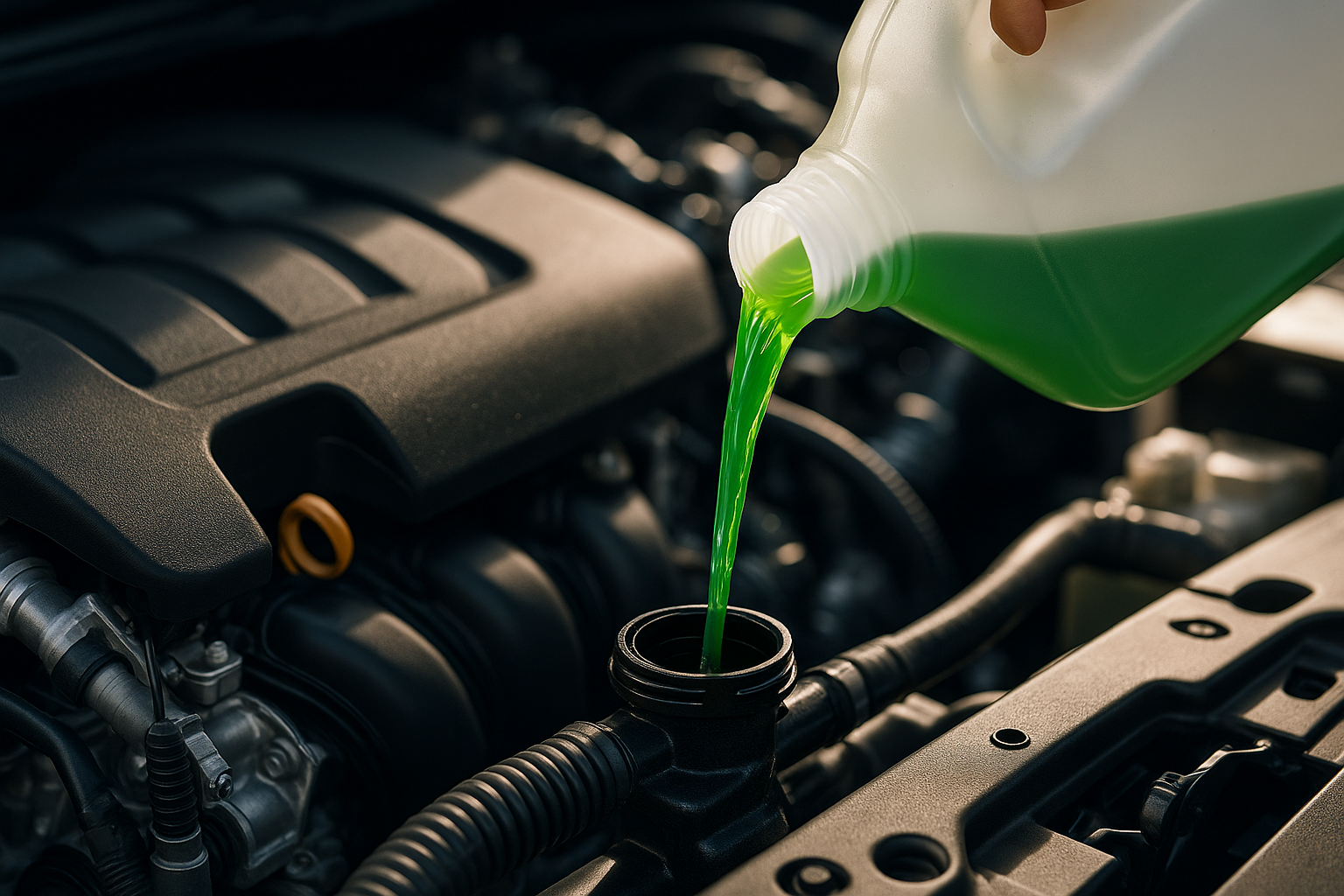Advancements in Automotive Coolant Technology: A Deep Dive into Modern Engineering Marvels
Introduction: In a world where car technology is advancing at a breakneck pace, one often overlooked area is the humble engine coolant. It's the unsung hero of automotive engineering, working tirelessly to keep engines performing at their peak. This article dives deep into the advances in automotive coolant technology, exploring how it's evolved over the years and its impact on the industry.

A Brief History of Automotive Coolants
Automotive coolants have come a long way since their inception. In the early days of motoring, water was the primary coolant used in engines. However, water was not without its issues - it boiled over in hot weather and froze in cold conditions, causing damage to the engine. It was in the 1920s when the first commercial antifreeze, ethylene glycol, made its appearance, revolutionizing engine cooling and setting the stage for today’s advanced coolant technologies.
The Advent of Organic Acid Technology (OAT)
In the mid-1990s, a new type of coolant emerged – Organic Acid Technology (OAT). OAT coolants, unlike traditional Inorganic Acid Technology (IAT) coolants, used organic acids as corrosion inhibitors, offering longer life and better heat transfer capabilities. This marked a significant shift in coolant technology, setting new standards for engine protection and performance.
The Impact of Coolant Technology on the Industry
The evolution of coolant technology has had a significant impact on the automotive industry. Modern coolants have extended service intervals, reducing maintenance costs, and have improved engine performance and longevity by providing superior heat management. Furthermore, they have made vehicles more environmentally friendly by reducing engine emissions and coolant disposal.
Challenges and Future Directions
Despite the advancements, coolant technology faces challenges. One is the need to develop coolants compatible with a wide range of materials used in modern engines. Another is the environmental impact of coolant disposal. The industry is addressing these issues with research into eco-friendly coolant materials and disposal methods, paving the way for the next generation of coolants.
The Role of Coolants in Performance Tuning
Coolants play a crucial role in performance tuning. High-performance engines generate more heat, requiring coolants with superior heat transfer capabilities. High-quality coolants also protect performance engines from corrosion and cavitation, ensuring they operate at optimal levels.
The journey of automotive coolants from simple water to advanced OAT formulations is a testament to the relentless pursuit of performance and efficiency in the automotive industry. As we look to the future, the evolution of coolant technology is poised to continue, driven by the industry’s constant drive for better performance, increased efficiency, and a more sustainable future.
In the world of cars, it’s not just the flashy, headline-grabbing technologies that make a difference. Sometimes, it’s the quiet, understated ones like coolants that truly drive the industry forward.




